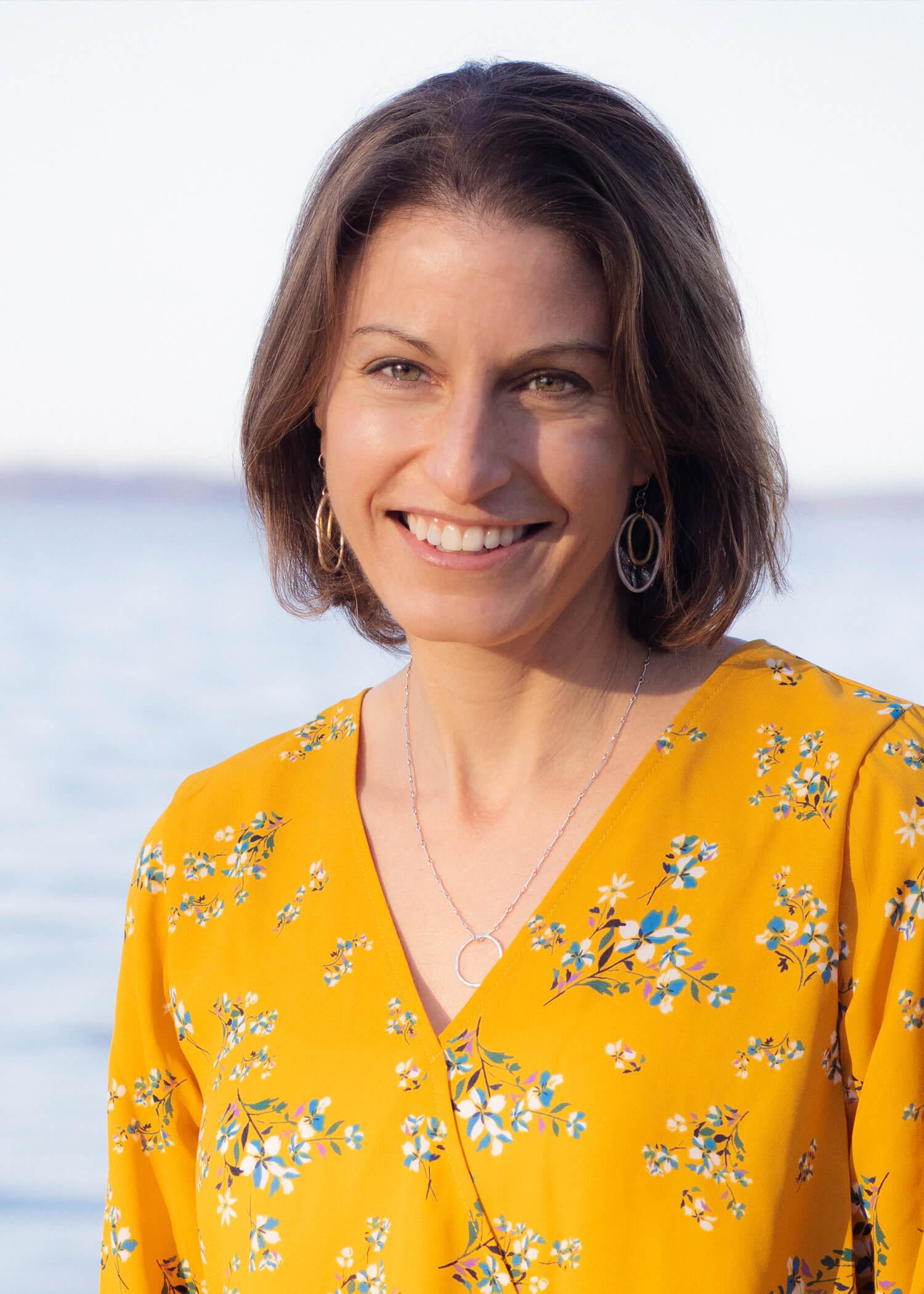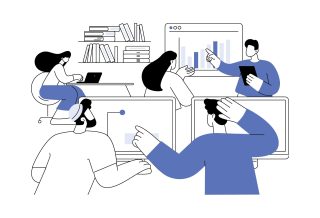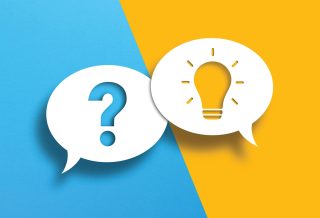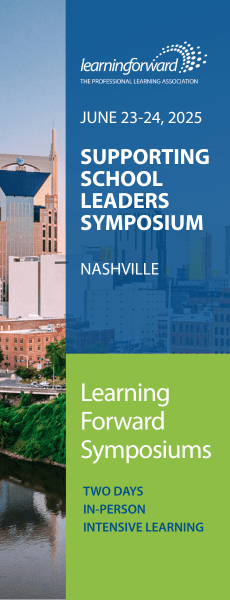FOCUS
Learning how to teach Indigenous history and culture
By M. Bruce King, Laura M. Lang, Claire S. Bjork, Rachel Byington and Cheryl Bauer-Armstrong
Categories: Coaching, Collaboration, Continuous improvement, Implementation, International perspectives, Outcomes, Reaching all students, Research, ResourcesDecember 2022
Read the remaining content with membership access. Join or log in below to continue.
Sed ut perspiciatis unde omnis iste natus error sit voluptatem accusantium doloremque laudantium, totam rem aperiam, eaque ipsa quae ab illo inventore veritatis et quasi architecto beatae vitae dicta sunt explicabo. Nemo enim ipsam voluptatem quia voluptas sit aspernatur aut odit aut fugit, sed quia consequuntur magni dolores eos qui ratione voluptatem sequi nesciunt. Neque porro quisquam est, qui dolorem ipsum quia dolor sit amet, consectetur, adipisci velit, sed quia non numquam eius modi tempora incidunt ut labore et dolore magnam aliquam quaerat voluptatem.
References
Banks, J.A. & Banks, C.A.M. (Eds.). (1993). Multicultural education: Issues and perspectives. Allyn & Bacon.
Brayboy, B.M.J., Gough, H.R., Leonard, B., Roehl, R.F., II, & Solyom, J.A. (2012). Reclaiming scholarship: Critical Indigenous research methodologies. In S.D. Lapan, M.T. Quartaroli, & F.J. Reimer (Eds.), Qualitative research: An introduction to methods and design (pp. 423-450). John Wiley.
Castagno, A.E. & Brayboy, B.M.J. (2008). Culturally responsive schooling for Indigenous youth: A review of the literature. Review of Educational Research, 78(4), 941-993.
hooks, b. (2003). Teaching community: A pedagogy of hope. Routledge.
Ladson-Billings, G. (2006). From the achievement gap to the education debt: Understanding achievement in U.S. schools. Educational Researcher, 35(7), 3-12.
Newmann, F.M., Carmichael, D.L., & King, M.B. (2016). Authentic intellectual work: Improving teaching for rigorous learning. Corwin Press.
Pewewardy, C. (2002). Learning styles of American Indian/Alaska Native students: A review of the literature and implications for practice. Journal of American Indian Education, 41(3), 22-56.
YoungBear-Tibbetts, H. (2013). Indigenous arts and sciences initiative: Summative evaluation. Tangram Consulting Services.
Categories: Coaching, Collaboration, Continuous improvement, Implementation, International perspectives, Outcomes, Reaching all students, Research, Resources
Recent Issues
LEARNING DESIGNS
February 2025
How we learn influences what we learn. This issue shares essential...
BUILDING BRIDGES
December 2024
Students benefit when educators bridge the continuum of professional...
CURRICULUM-BASED PROFESSIONAL LEARNING
October 2024
High-quality curriculum requires skilled educators to put it into...
LEARNING TO PIVOT
August 2024
Sometimes new information and situations call for major change. This issue...














